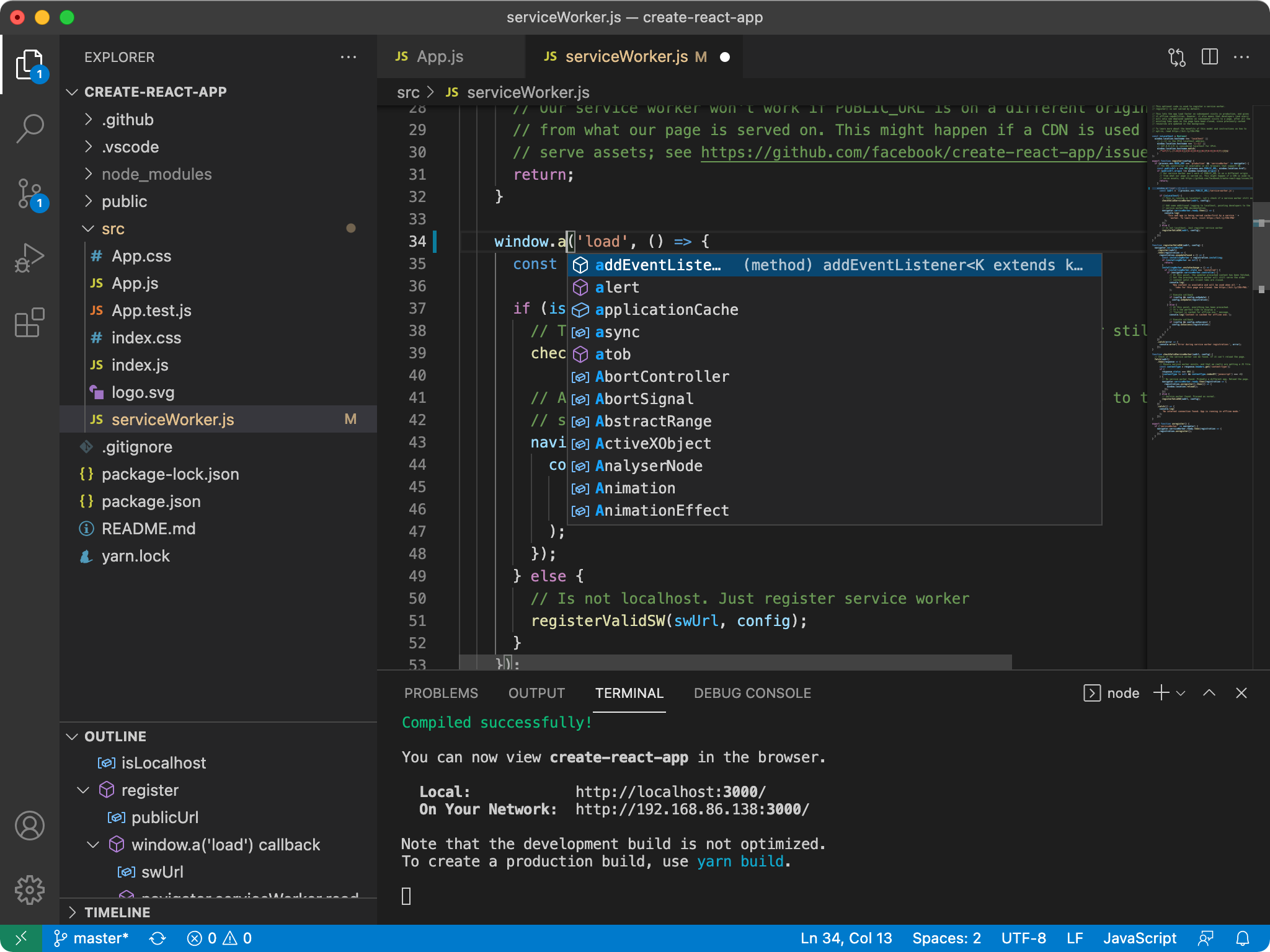In a nutshell: VBScript is an active scripting language that’s been part of Windows history since Windows 98, Windows NT 4.0 Option Pack, and Windows CE. Now, after 25 years on the market, the language and its host environments are being officially retired by Microsoft.
Also known as Microsoft Visual Basic Scripting Edition, VBScript was mainly designed to provide developers and power users with capable means to take control of a Windows environment and automate tasks. Modeled after the Visual Basic programming language, VBScript was closely tied to Internet Explorer (IE) – and it will soon meet the same end.
Microsoft retired the venerable IE browser in June 2022. Now, a new update to the official list of deprecated features in Windows client systems says that VBScript will be deprecated as well. In future Windows releases, the updated page states, VBScript will be available only as an optional “feature on demand” to be installed on user input. Some more years down the line, the feature will be completely removed from the operating system.
As Microsoft officially explains, Features on Demand (FODs) are Windows features that can be added to the OS at any time after the initial installation. Common FOD options include language resources for handwriting recognition, older .NET Framework (.NetFx3) packages, the Windows Subsystem for Linux, or even the Windows type-1 (native) hypervisor known as Hyper-V.

VBScript is officially joining an ever-growing list of historical Windows features that Microsoft decided to kill for unspecified (and sometimes questionable) reasons. The much-maligned Internet Explorer browser is no more (in Windows 11), and the WordPad word processor (first included in Windows 95) will soon be deprecated as well.
Despite Microsoft’s ambitions, VBScript never won any approval by third-party browser makers and it was ultimately confined to the Internet Explorer ecosystem. Redmond provided a new, more powerful scripting and automation environment by debuting PowerShell in 2006, while VBScript was last updated to version 5.8 in 2010.
VBScript was however very successful among malware writers and cyber-criminals, which are still exploiting the scripting language to spread some of the most notorious computer threats (Lokibot, Emotet, Qbot) to this day. Microsoft didn’t explain why it finally decided to deprecate VBScript, but the aforementioned malware writers will likely have to find an alternative distribution method in the future.